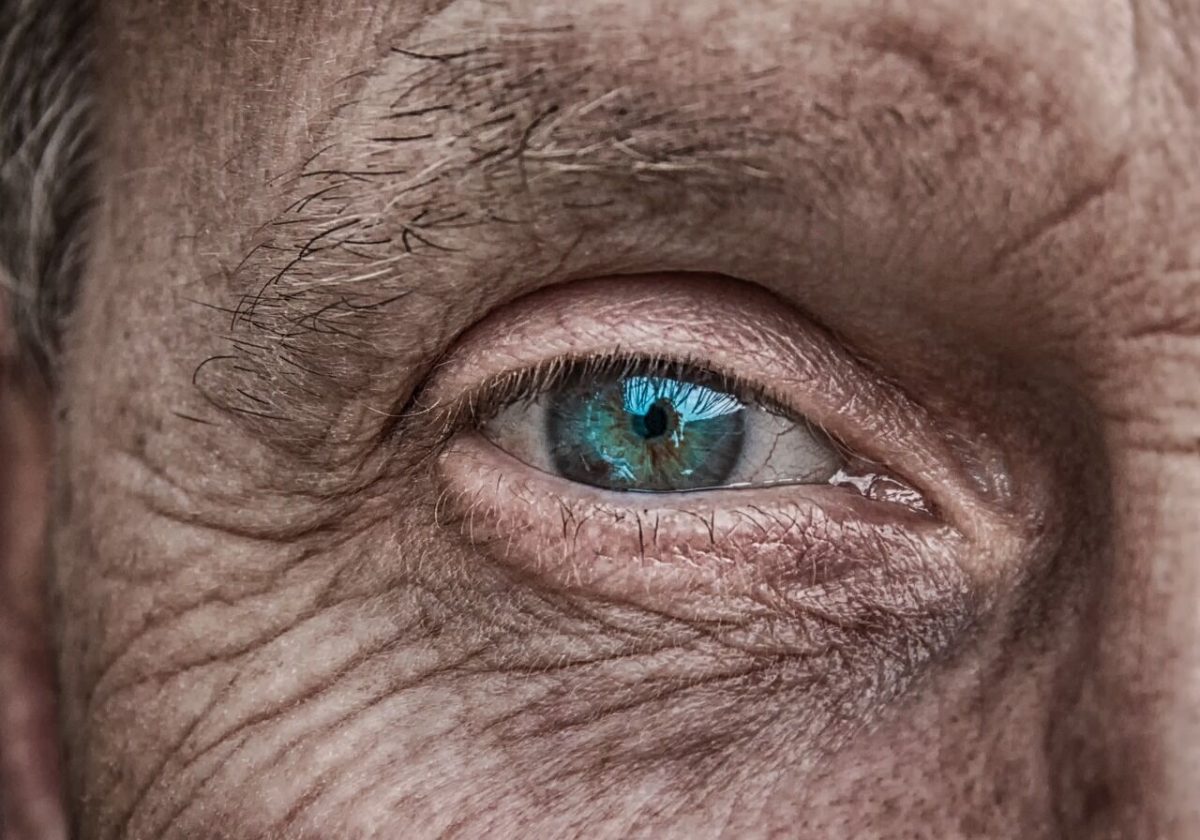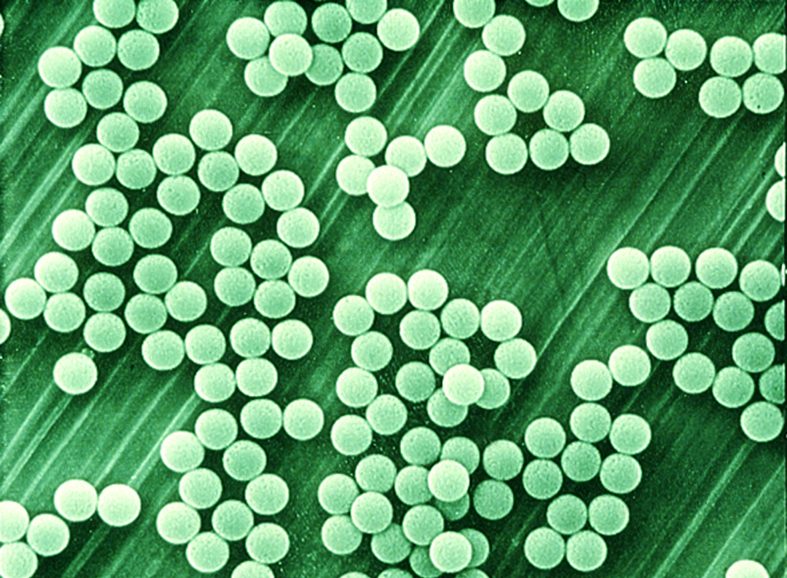The skin is the body’s largest organ, and it’s also the one that takes the most abuse. Daily the skin is subject to the sun’s harmful rays, pollution, dirt, and many other damaging substances. The UV rays from the sun, in particular, can
lead to loss of collagen, a protein naturally produced in the body, which helps maintain the skin’s integrity and elasticity. This detrimental loss causes premature aging and loss of hydration. So, is there something that can help to combat these effects? In a 2018 article published in Nutrients, Kim and colleagues sought to determine if collagen supplementation could be the answer.
The study was designed as a double-blind, placebo-controlled study with 53 women aged 40-60 years as the participants. To participate, the women had to meet certain parameters, such as a high crow’s feet score—measuring
the extent of the wrinkles around their eyes—determined by dermatologists. The participants were then randomly assigned to either the control or experimental group. For 12 weeks, they were instructed to take their assigned study formulation once daily (for the experimental group, 1000 mg of collagen peptides, and for the control group, a placebo). To prevent any potential alternate explanations, the participants were instructed to forgo any other skin treatments or comparable dietary supplementations.
The results were measured based on three areas of concern: skin hydration, skin wrinkling, and skin elasticity. At the conclusion of the 12 weeks, the results showed significant improvement in all three areas for the experimental group compared to the control group. In fact, marked improvement was found at six weeks when the post-treatment measurements were first assessed. Specifically, the initial crow’s feet scores had lessened in the experimental group at six weeks and even more so at 12 weeks. Furthermore, no adverse side effects were observed in any of the participants when considering laboratory tests, such as bloodwork, urine, and vital-signs screening. These favorable results led the researchers to conclude that collagen supplementation is a safe and effective means for opposing the repercussions of aging and sun damage on skin.
UV radiation can lead to a loss of collagen, potentially causing premature wrinkles and other damage to the skin. The results of this study suggest that collagen supplementation may aid in collagen regeneration and, therefore, have some anti-aging benefits. Who knows? Maybe it’s collagen that flows from the fountain of youth.
Categories:
Collagen supplementation has been shown to have anti-aging benefits
Tea Webster, Contributor
August 30, 2020
0
Donate to The Tiger
Your donation will support the student journalists of Clemson University. Your contribution will allow us to purchase equipment and cover our annual website hosting costs.
More to Discover















